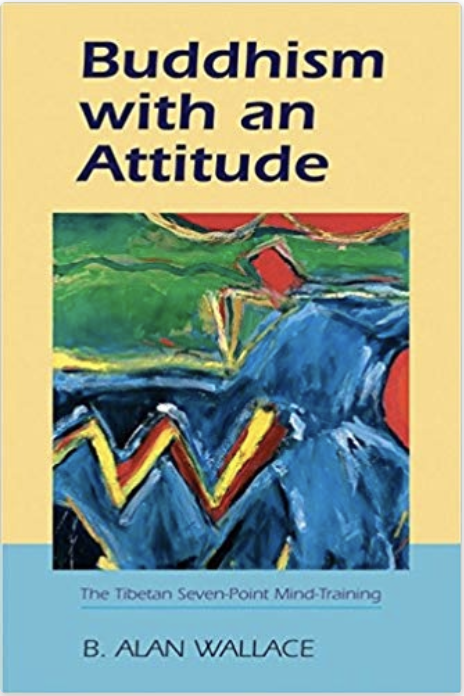The Contemplary is delighted to announce the return of one of the west’s most renowned meditation masters.
“If you can dream – and not make dreams your master,
If you can think – and not make thoughts your aim;
If you can meet with Triumph and Disaster,
And treat those two imposters as the same.”
~ Rudyard Kipling, from ‘If’ 1895
These days in education, in health, in business, in sport, and even in the arts, there is an ever-increasing emphasis on what has been termed “resilience training” or grit. Whether it is a “growth mindset” or an attitude of “what doesn’t kill me makes me stronger”, it is all about building up our emotional strength and mental fitness. Grit describes the ability to persevere with long-term goals, and to sustain our interest and energy over month and years. Research suggests that gritty people are more likely to succeed in a range of challenging situations. Gritty people don’t give up and they don’t get bored. Research also suggests that grit can be learned.
This focus on resilience is not a new fad, or even a modern invention. In fact, resilience training has been an integral part of the Buddhist path for at least a thousand years.
“Mind training” (or Lojong) refers to methods for changing how we view situations so as to make our lives more durable and our enthusiasms more sustainable. The “training” is all about transforming our negative attitudes and cultivating more fruitful ones. All of us have things we’d change about our attitudes. Mind training in Buddhism is an advanced practice that allows us to see every feeling, emotion and experience in a different light, so that every situation becomes the path to enlightenment.
Within the rich body of teachings of Lojong or “cultivating the mind” in Tibetan Buddhism, the most widely taught and practised is the “Sevenfold Cultivation of the Mind.” This was composed about a thousand years ago by the renowned Indian Buddhist master Atisha. The essential theme of this training is to transmute the joys and sorrows of life and death into one’s spiritual path to awakening. This is a kind of spiritual alchemy in which one transforms all that life brings into nourishment for our spiritual growth and maturation.
During this 7-day non-residential retreat, Alan Wallace will give commentary and guided meditations on these ancient Buddhist teachings. Contemplative, Dr Eva Natanya, will complement these teachings with instructions on the four sublime qualities of the heart: loving-kindness, compassion, empathetic joy, and impartiality. While the instructions on these four sublime qualities are drawn from Theravada and Mahayana Buddhism, they are universally applicable to everyone. The retreat will comprise of lectures, guided meditations, and discussion periods.
Who is this retreat for?
The non-residential ‘urban retreat’ format is designed to facilitate access to profound teachings in a central Melbourne venue and is priced to optimise participation.
As indicated above, each day will involve periods of meditation alternating with periods of teaching. No previous meditation experience is required and people of any and no religious persuasion will find this retreat beneficial.
“A ship in harbour is safe, but that is not what ships are built for.”
1928 John A. Shedd, from ‘Salt in My Attic, 1928
Centre for Contemplative Research
If you are interested in Dr Wallace’s Centre for Contemplative Research – currently being built in Italy – you can read about it here and track the progress of this remarkable initiative.
